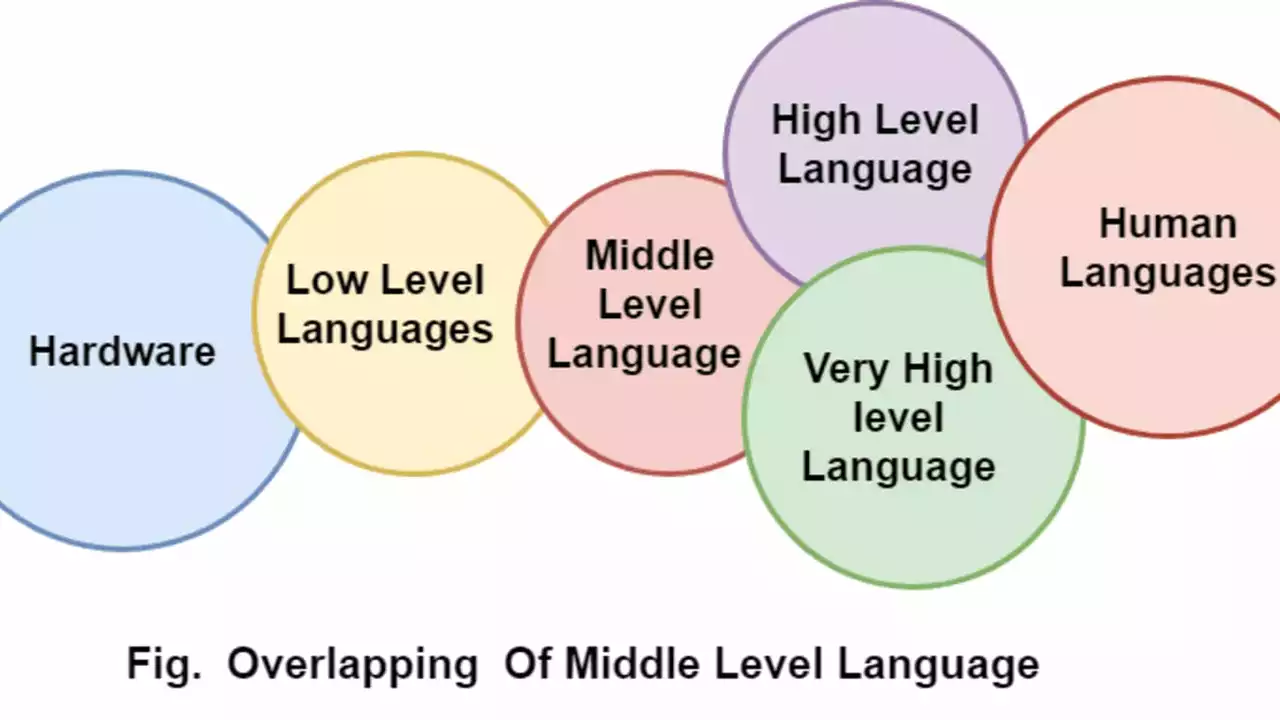Hatred in Soccer – What It Looks Like and How to Deal With It
Ever watched a match and felt the tension rise because of nasty comments, chants, or social‑media posts? That’s hate creeping into the beautiful game. It isn’t just a bad vibe – it can push fans, players, and even clubs away from what soccer is really about: enjoyment, competition, and community.
In this guide we break down the most common ways hate shows up, why it matters, and what you can do right now to stop it. No jargon, just clear steps you can use whether you’re a supporter, a player, or a club staffer.
Common Signs of Hate in the Game
Hate can appear in a few obvious spots. First, listen to the chants in the stadium. If they target a player’s race, religion, or gender, that’s a red flag. Second, watch the comments on club social media pages. Hate often hides behind “jokes” or “just being honest.” Third, pay attention to how players act on the pitch – aggressive language, threats, or refusal to shake hands after the final whistle often stems from deeper hostility.
Another sign is the spread of hate offline. Fans might share memes that mock opponents, or write abusive letters to clubs. Even small actions add up – a single hateful tweet can be retweeted thousands of times, turning a local issue into a global problem.
Practical Steps to Counter Hate
Here’s what you can do right now. 1) Speak up. If you hear a hateful chant, call it out politely: “That’s not cool, let’s keep it friendly.” 2) Report it. Most leagues and clubs have an online form for reporting abusive content – use it. 3) Support positive voices. Share posts that celebrate good sportsmanship, and thank fans who keep the atmosphere clean.
Clubs can also help. They should have a clear code of conduct, train staff to spot hate, and enforce bans when needed. Players can lead by example – a simple smile or a handshake after a tough loss shows that respect matters more than rivalry.
If you’re a youth player, talk to your coach about dealing with hate. They can teach you how to stay calm, focus on the game, and avoid reacting emotionally. Remember, staying composed not only protects you but also shows others a better way to handle tension.
Finally, use the power of community. Join fan groups that promote inclusion, attend events that celebrate diversity in soccer, and encourage friends to do the same. When more people stand together against hate, it loses its impact.
Hate is a bad habit, not a rule of soccer. By spotting it early, reporting it, and championing respect, you help keep the sport fun for everyone. Next time you’re at a match or scrolling through a feed, remember these steps and make a difference. The game’s better when we all play fair – on and off the pitch.
Why do some people hate the term 'soccer'?
I've noticed that the term 'soccer' seems to rub some people the wrong way. It's mainly because this term is predominantly used in the U.S., while the rest of the world refers to it as 'football'. Many perceive this American term as an affront to the international tradition of the game. The divergence in terminology also tends to cause confusion and debate among sports enthusiasts. Despite this, it's important to remember that while the names may vary, the passion for the game remains universal.
